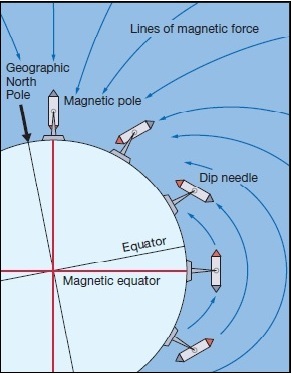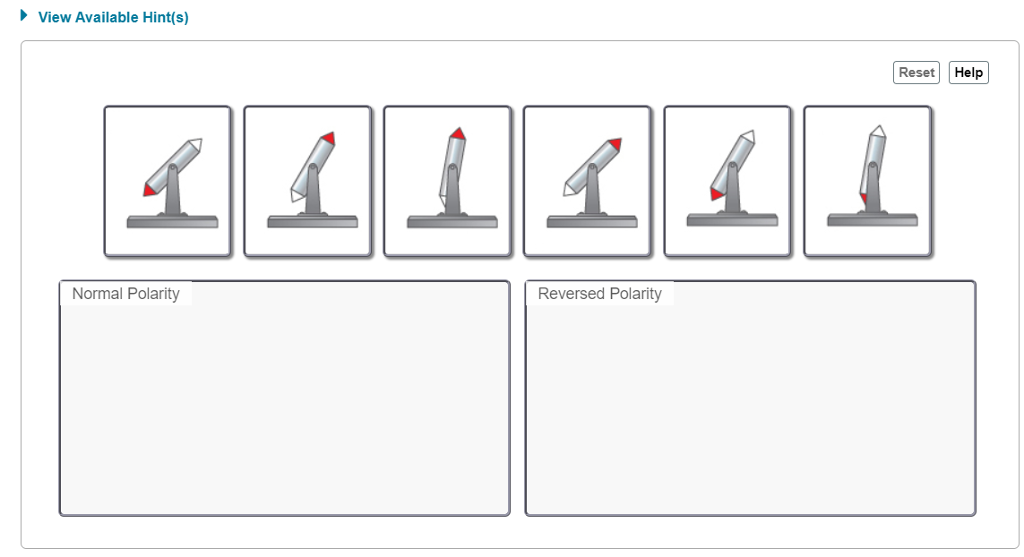Question: The first step toward utilizing paleomagnetic data is to infer the direction (polarity) of the magnetic field at the time that rocks of various ages
The first step toward utilizing paleomagnetic data is to infer the direction (polarity) of the magnetic field at the time that rocks of various ages were forming at a particular site. Unfortunately, a limitation exists in that any grain orientation has two equally valid interpretations.
For example, a grain with its magnetic north pole pointing into the Earth may represent either a northern hemisphere location during a time of normal polarity or a southern hemisphere location during a time of reversed polarity.
However, given that the rate of seafloor spreading is relatively slow, it is sometimes reasonable to assume that a landmass has remained in a given hemisphere when interpreting paleomagetic data from recent history and over relatively short timescales, (e.g., North America has remained firmly in the Northern Hemisphere since the beginning of the Cenozoic, approximately 65 million years ago).
You are a volcanologist analyzing paleomagnetic data from Cenozoic lava flows (ages (normal or reversed) . The red end of a dip needle indicates the magnetic north pole of the mineral(s) it is measuring.

Drag the appropriate items into their respective bins.

Geographic North Pole Lines of magnetic force Magnetic pole Equator Magnetic equator Dip needle View Available Hint(s) 4 1 1 1 4 1 Normal Polarity Reset Reversed Polarity Help
Step by Step Solution
3.45 Rating (145 Votes )
There are 3 Steps involved in it
To sort the dip needle orientations into normal and reversed polarity we need to consider the orient... View full answer

Get step-by-step solutions from verified subject matter experts


